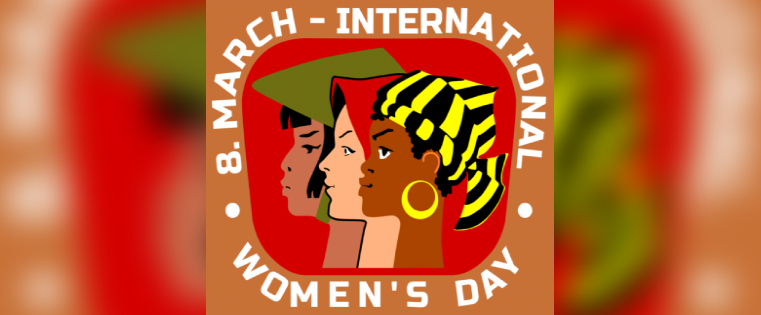
- UN Women and the EU launch WeEmpower Asia
- UN Women and HKEX ring bell for equality
- OECD countries could gain trillions if gender pay gap closed
The European Union (EU) and UN Women launched a 3-year WeEmpower Asia campaign to encourage the private sector in APAC countries to provide more opportunities for women.
The programme, spanning China, India, Indonesia, Malaysia, Philippines, Thailand and Vietnam, aims to integrate gender concerns into business practices and promote dialogue among women’s groups as well as the public and private sector.
Anna-Karin Jatfors, Acting Regional Director for Asia and the Pacific, UN Women stated, “WeEmpower Asia will create transformative partnerships between private sector companies, female entrepreneurs and women-led businesses, and policymakers to drive social change. It will benefit not only women but also societies and economies as a whole.”
Mara Marinaki, EU Principal Advisor on Gender stated, "Women’s economic empowerment is a pre-requisite for inclusive and equitable economic growth. It can drive gender equality outcomes and broader intergenerational benefits for women, their children, households and communities
Funded by the EU, UN Women will implement the €8 million programme.
Bell rung for gender equality
As a part of International Women’s Day celebrations, UN Women and partner organisations joined forces to ‘ring the bell’ at theHong Kong Exchanges and Clearing Limited (HKEX) for gender equality and to raise awareness of the pivotal role the private sector can play in advancing gender equality and women’s empowerment. This event was featured as one of a range of innovative ways gender equality has been advanced across social protection, public services and infrastructure across Asia-Pacific.
A similar ‘ring the bell’ event was also organised in Indonesia to compliment photo exhibitions, panel discussions and forums held across a range of APAC countries.
The theme for International Women’s Day 2019 explored ways in which innovation can work to boost investment in gender-responsive social systems, and build infrastructure and public services that meet the needs of women and girls.
Jatfors expanded, “We look to industry leaders, game-changing start-ups, social entrepreneurs, gender equality activists and women innovators to find the ways in which innovation can remove barriers and accelerate progress for gender equality.”
Trillions gained if OECD countries close the gender pay gap
Improving female participation in work across the Organisation for Economic Co-operation and Development (OECD) countries could boost total GDP by USD 6 trillion, according to a new report by PricewaterhouseCoopers (PwC).
Analysing the representation and welfare of women in the world of work across 33 OECD countries, PwC’s latest Women in Work Index also finds that the OECD could gain USD 2 trillion by closing the gender pay gap.
The five indicators that make up the Women in Work Index are: the gender pay gap, female labour force participation, the gap between male and female labour force participation, female unemployment and female full-time employment.
Iceland and Sweden remain the top two performing OECD countries, while New Zealand joins the top three for the first time since the Index was first published in 2013. Norway slips to fifth place, having been overtaken by Slovenia.
Zhou Xing, China Diversity Leader, PwC stated, “The economic transformation in China and India has undoubtedly resulted in massive employment opportunities for women. However, there is room for further progress to promote gender equality and economic opportunity for women. Women in China still face challenges in the workplace. It has a large gender pay gap of 25% according to the report’s estimates, partly explained by social and cultural attitudes regarding the role of women.”






